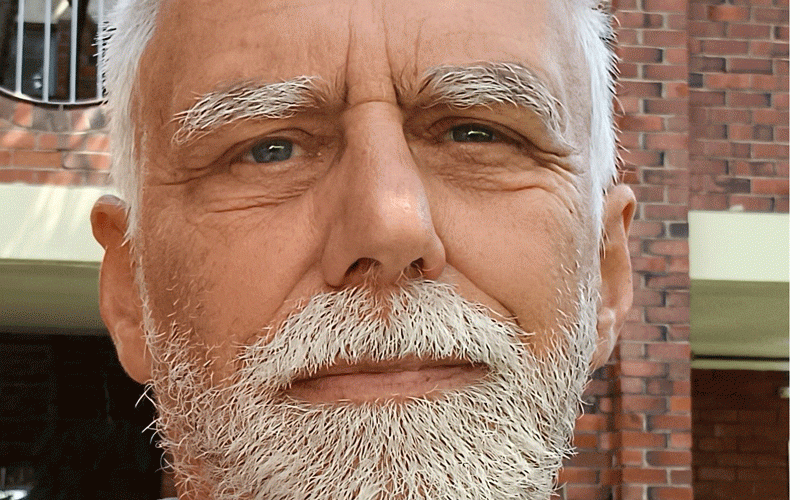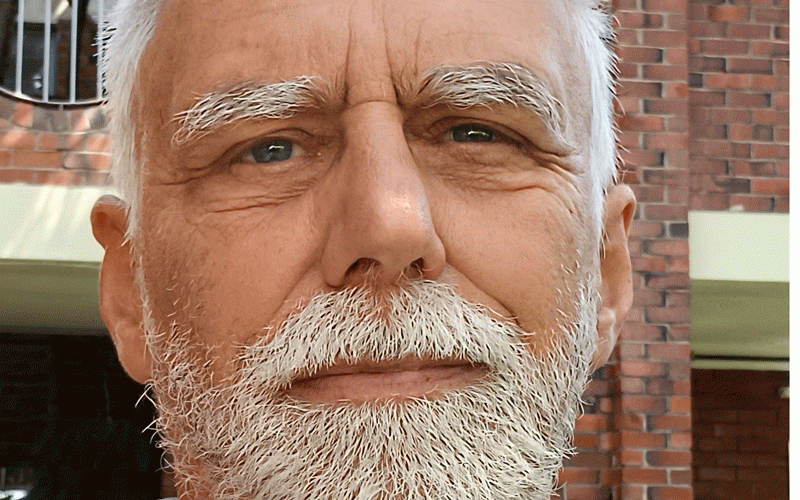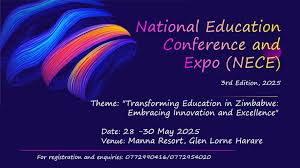
It would appear to be a common human trait that when we get together with friends or colleagues, we love to swap ‘war stories’, tales of our experiences in tough and difficult situations — presumably it makes us feel good, heroic even, for overcoming them.
For teachers, such stories usually relate to difficult classes they have encountered or simply just difficult pupils — pupils or classes that have behaved unacceptably (in the teacher’s eyes). We label them ‘difficult’ pupils or ‘difficult’ classes.
There is only one small problem with that, though. There are no difficult pupils or difficult classes!
Of course, many of us will be very quick to argue against such a claim — there are difficult people, we claim. They are difficult and they make life difficult for others. But, no, there are no ‘difficult’ people.
They are different, no question, and because they are different, we may find them difficult but that does not make them difficult. They are different — and there is nothing wrong with being different. We are all different and we want that diversity; we welcome it and encourage it. We must accept it.
Because they are different, in how they think, act, speak, we find it difficult to understand them. We wonder why they do not think as we do and behave as we wish them to do. Therein lies the fault; we do not wish to understand them, for the simply, honest reason that it is difficult. Why on earth, we wonder, do people choose to ignore warnings, disrespect others, show disdain for authority, consider themselves superior? We just do not understand. Or we choose not to understand.
The very basic truth about education is that it is not so much knowledge that we need but understanding (of that knowledge). We need to understand that we must understand why those people whom we find difficult, who are simply different, behave as they do and how we can best motivate, inspire, reach them. Yet, how can we understand such people when they are so different? The simple truth is that to understand someone (or something) we need to stand under them.
If we stand under something, we look up and find them large and daunting. It will help us to understand them if we stand under, below, them. It helps us though to do so as it initially helps us to see them as being above us, higher than us, better than us even. If we stand over or above them, we look down on them, usually in a demeaning manner. Standing also indicates that we are ready for action, not to fight them but to walk beside them, to work with them. It will require effort, action, be it physical or simply mental. To do that, we must stand. Understanding will not come with sitting – there is no such word as ‘undersitting’.
- That’s not difficult
Keep Reading
And when we consider understanding someone as standing under them, it helps us to note further that standing is a mark of respect; we need to start understanding others whom we find difficult by showing them some respect. We may not respect their behaviour or attitude but we can respect them as an individual who happens to be different, who has cause to be different.
It may well be of value to throw in this point: since when is ‘difficult’ bad? Exam papers have easy and difficult questions; the exams would have little value if they only had easy questions. Sporting fixtures include easy and difficult matches; we would profit little if there were only easy fixtures. We drive on easy and difficult roads but the latter make us focus and concentrate more. Difficult is good.
The interesting thing that ensues when we do label pupils or people as being ‘difficult’ is that we make them into ‘cult’ figures — no surprise, really, as ‘cult’ is part of ‘diffi-cult’! We give them special attention, a degree of celebrity even if it is through notoriety, and that can only serve to increase their profile and therefore encourage their behaviour. There is no cult; there is no difficult.
In the light of this understanding, we do well to understand what St Francis included in his well-known prayer when he sought assistance to be granted that “I may not so much seek … to be understood as to understand”. Education is about understanding; it is about understanding people. Above all, it is understanding there are no difficult people. It will save us all a great deal of hatred, injury, error, doubt, despair, darkness, sadness, as St Francis noted. These are not ‘war stories’ to share — these are peace stories, as St Francis noted. That is not difficult; it is different. Understand?
- Tim Middleton is the executive director of the Association of Trust Schools [ATS]. The views expressed in this article, however, are solely those of the author in his private capacity and do not necessarily represent the views of the ATS.
- email: ceo@atschisz.co.zw
- website: www.atschisz










